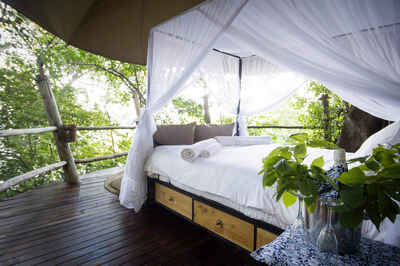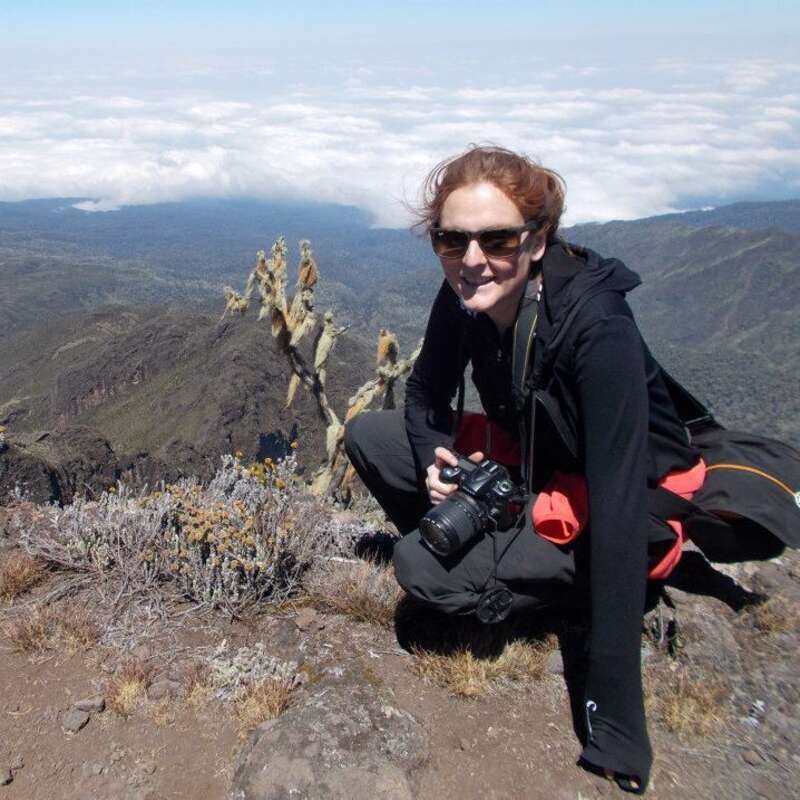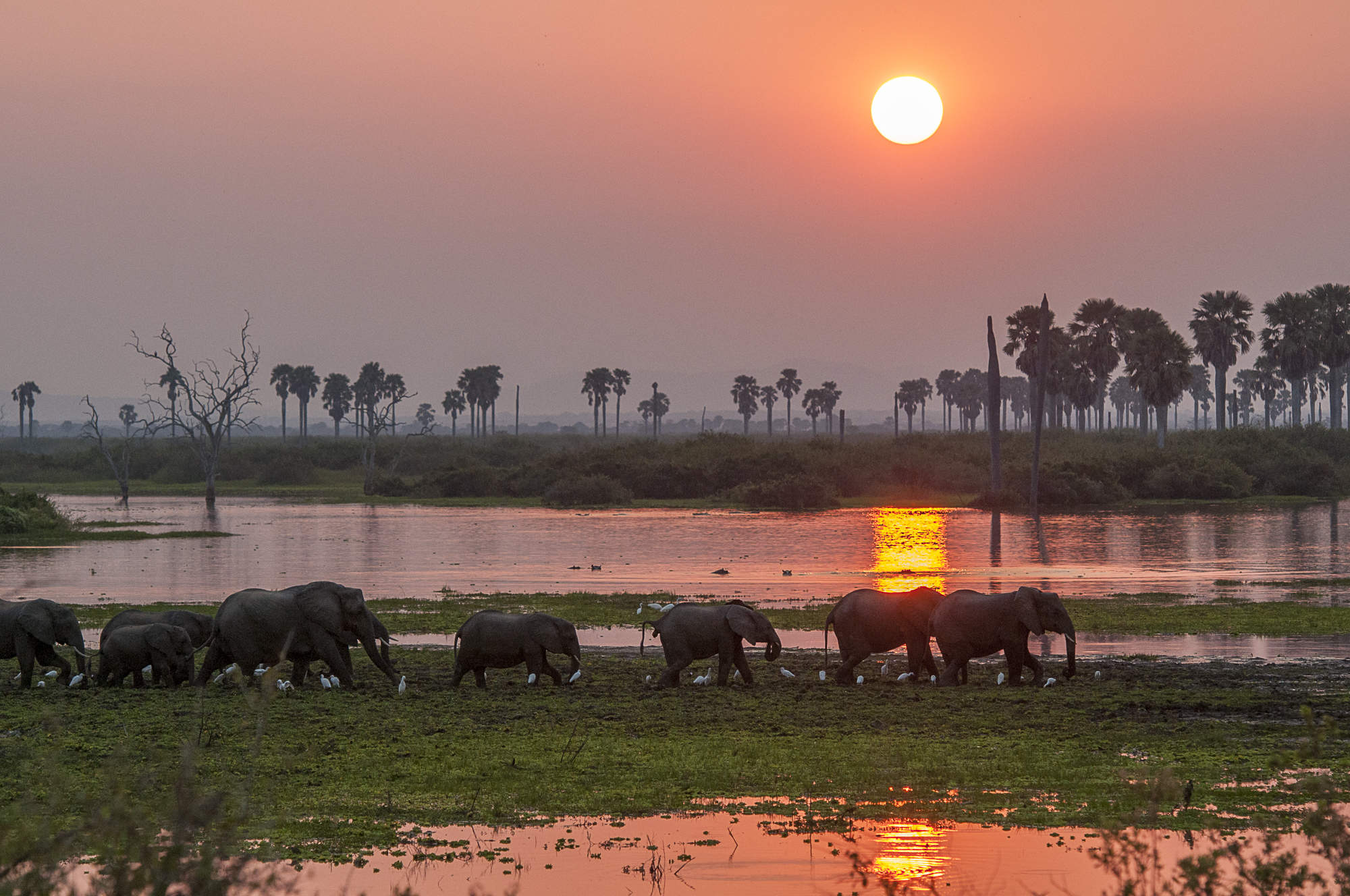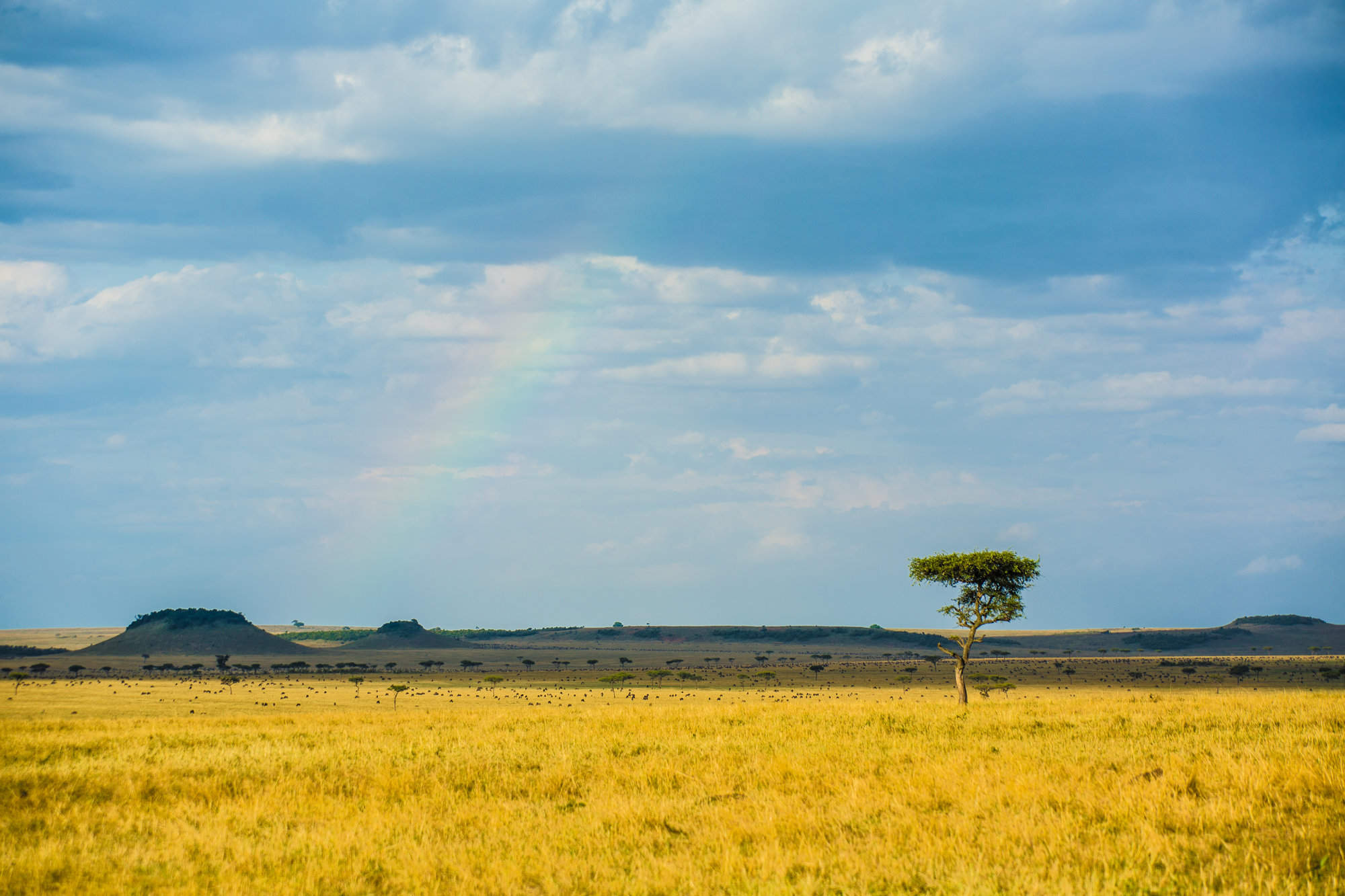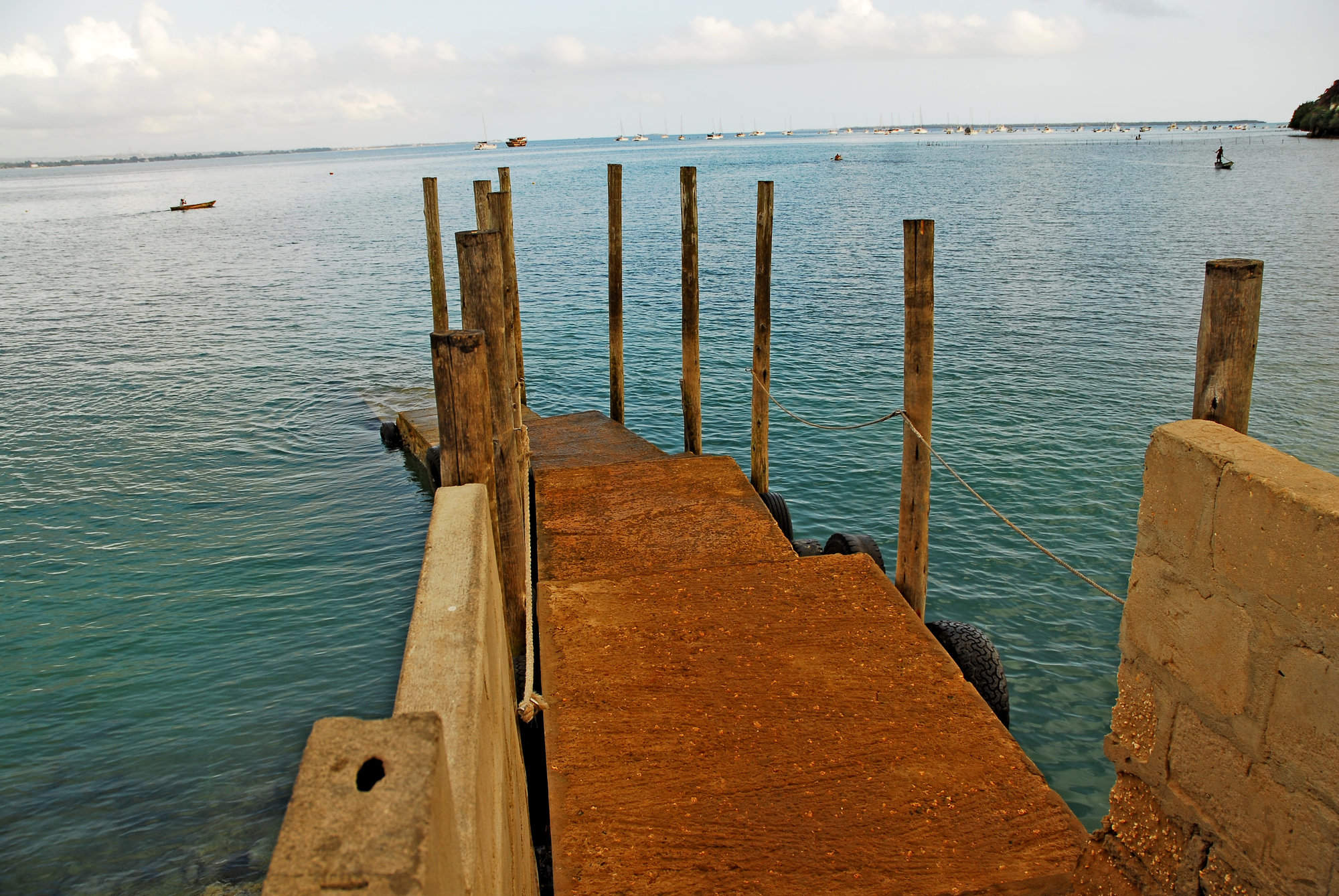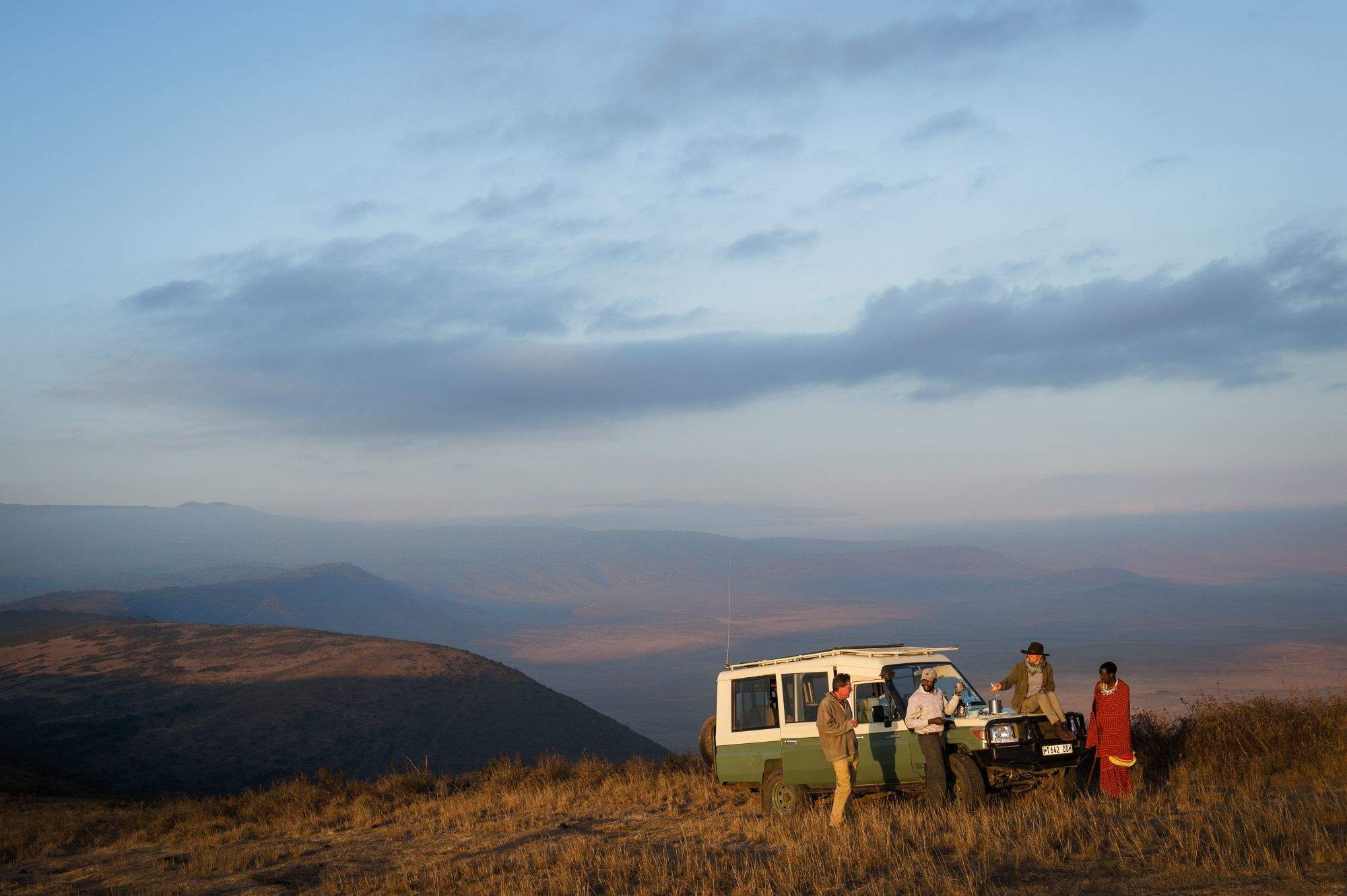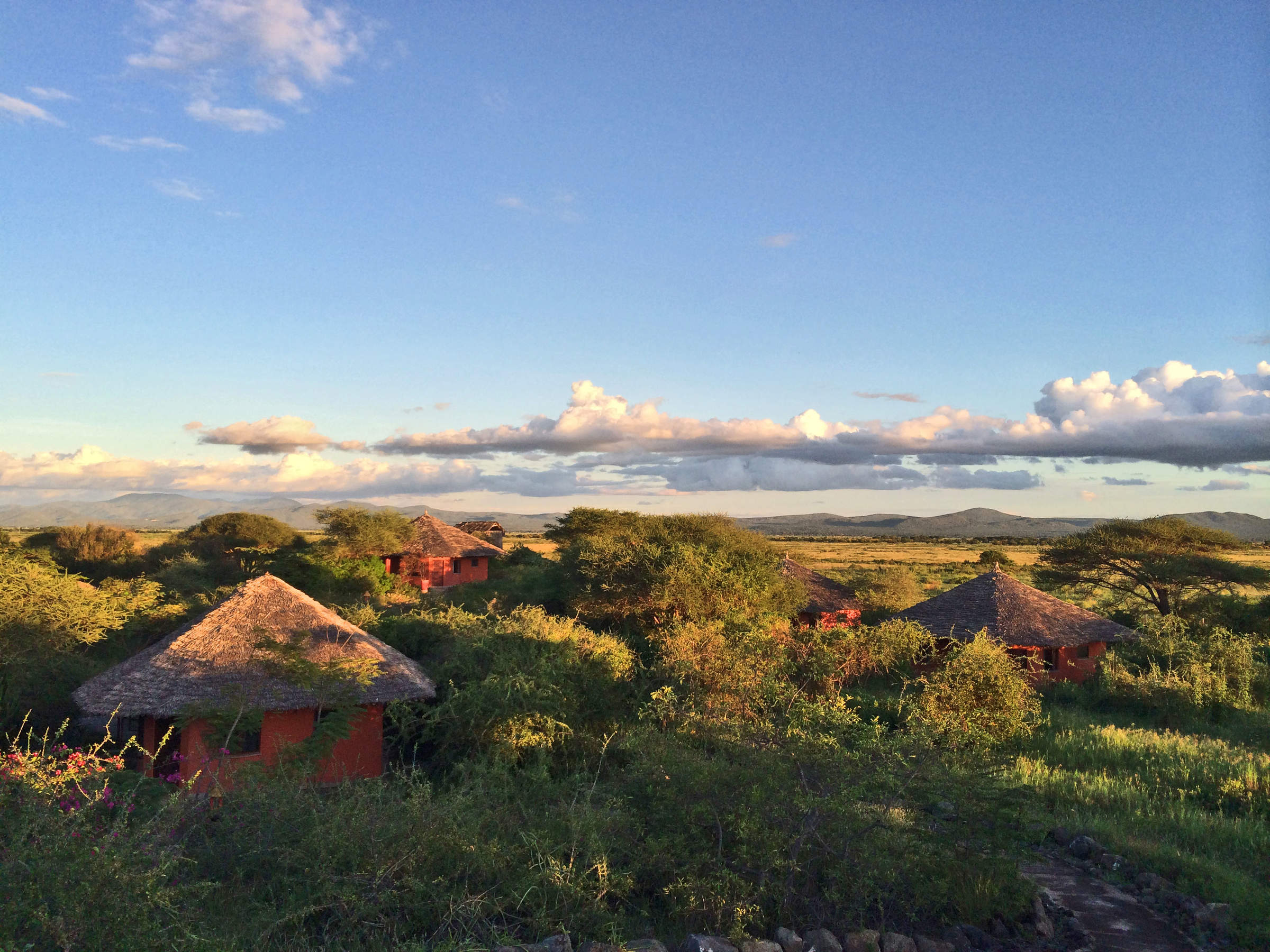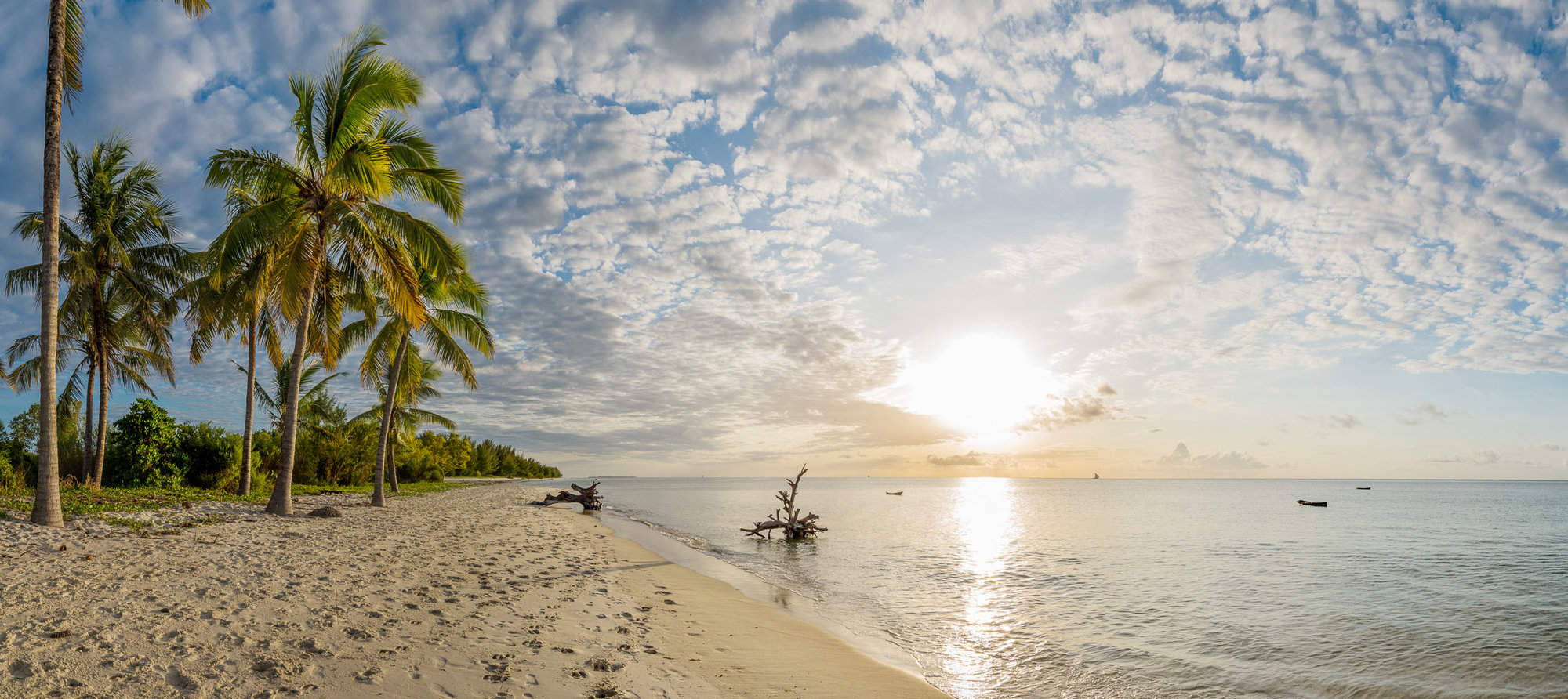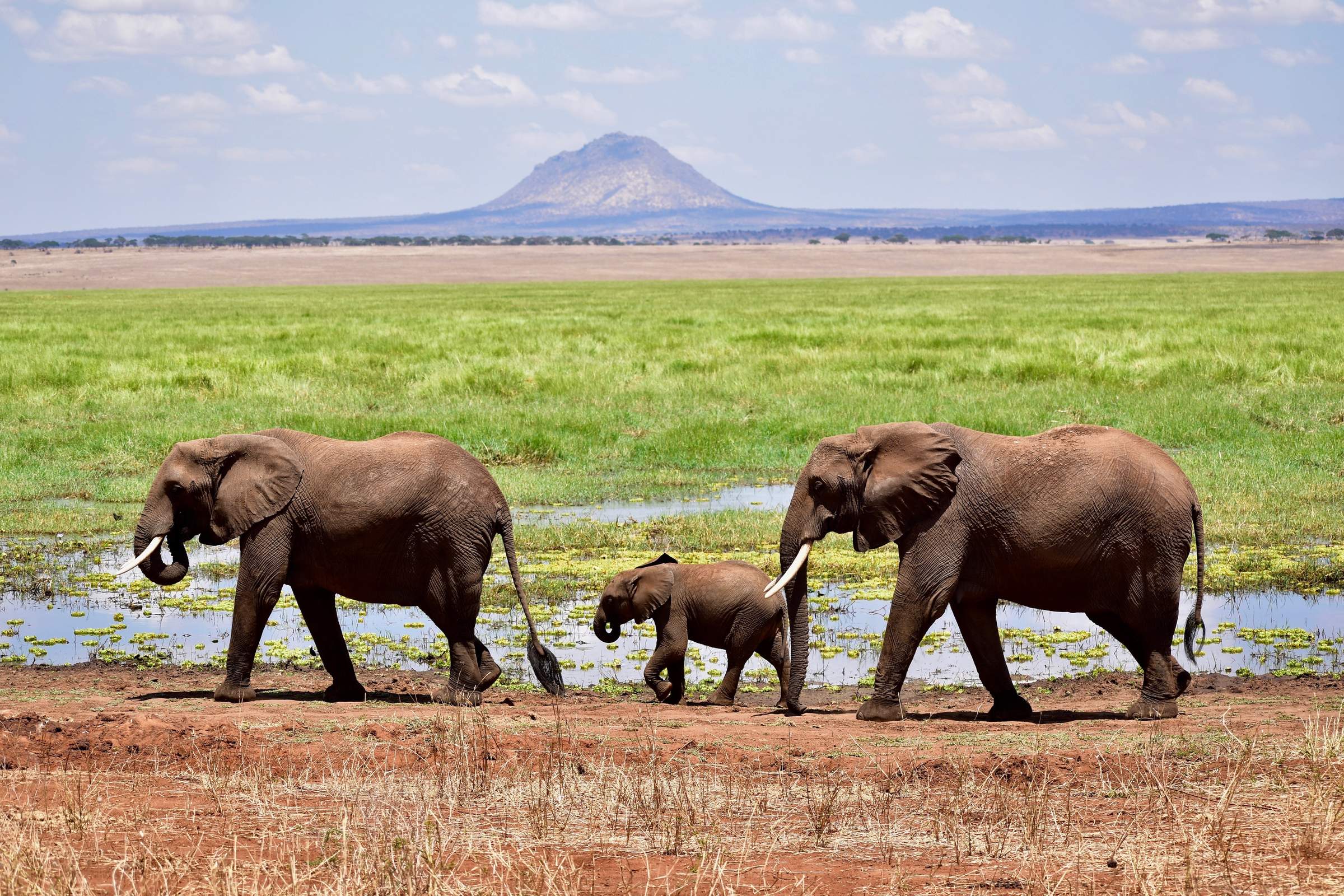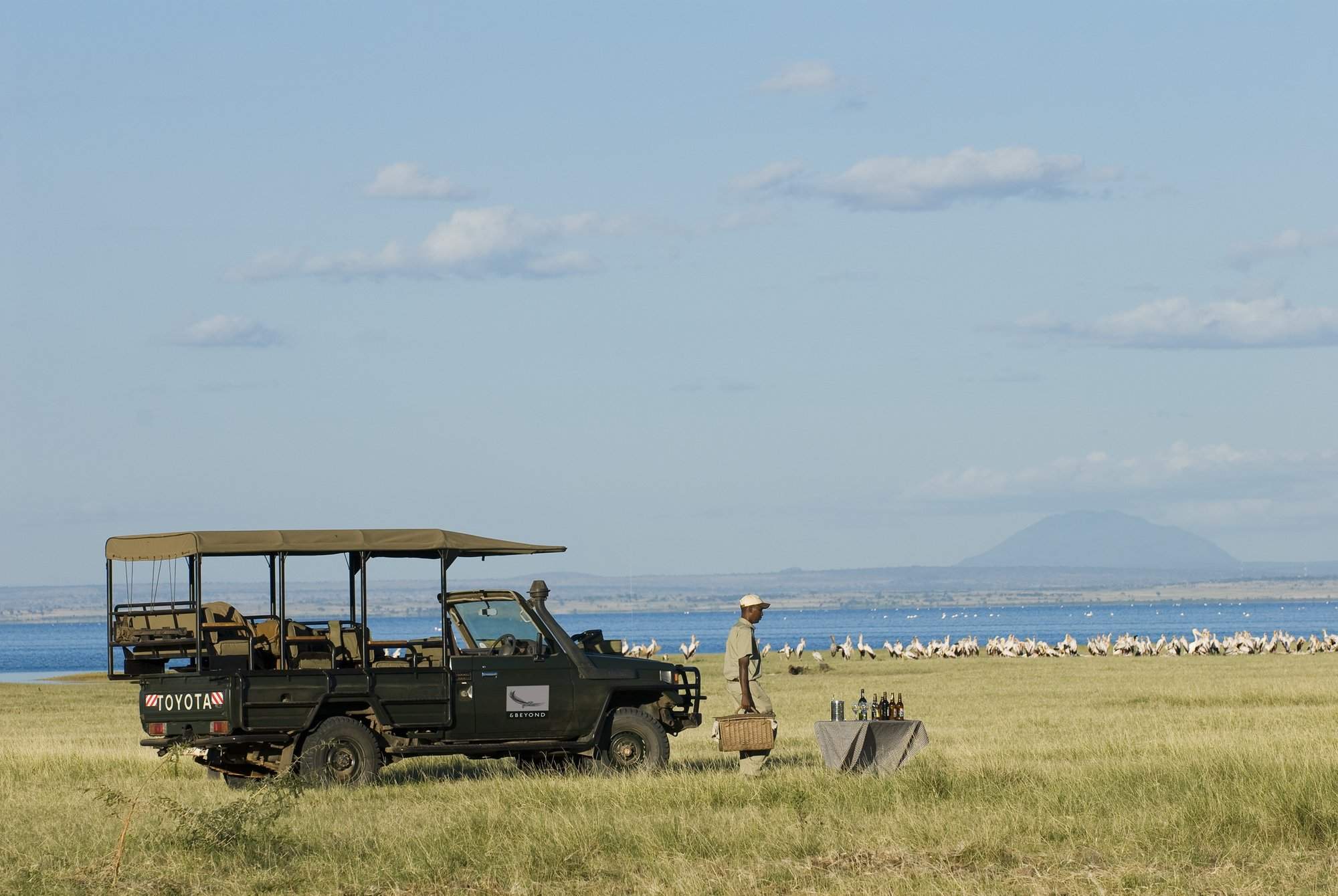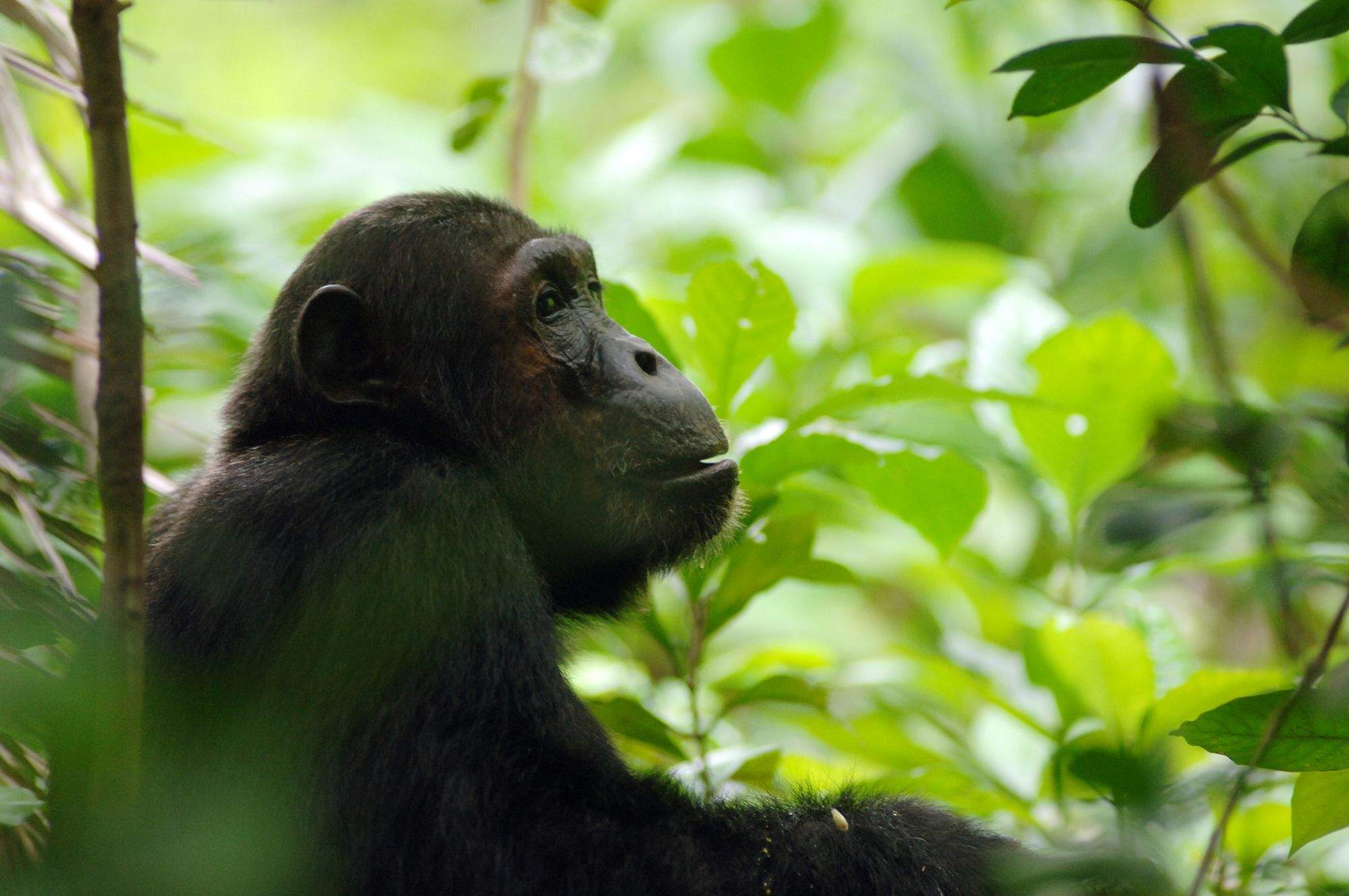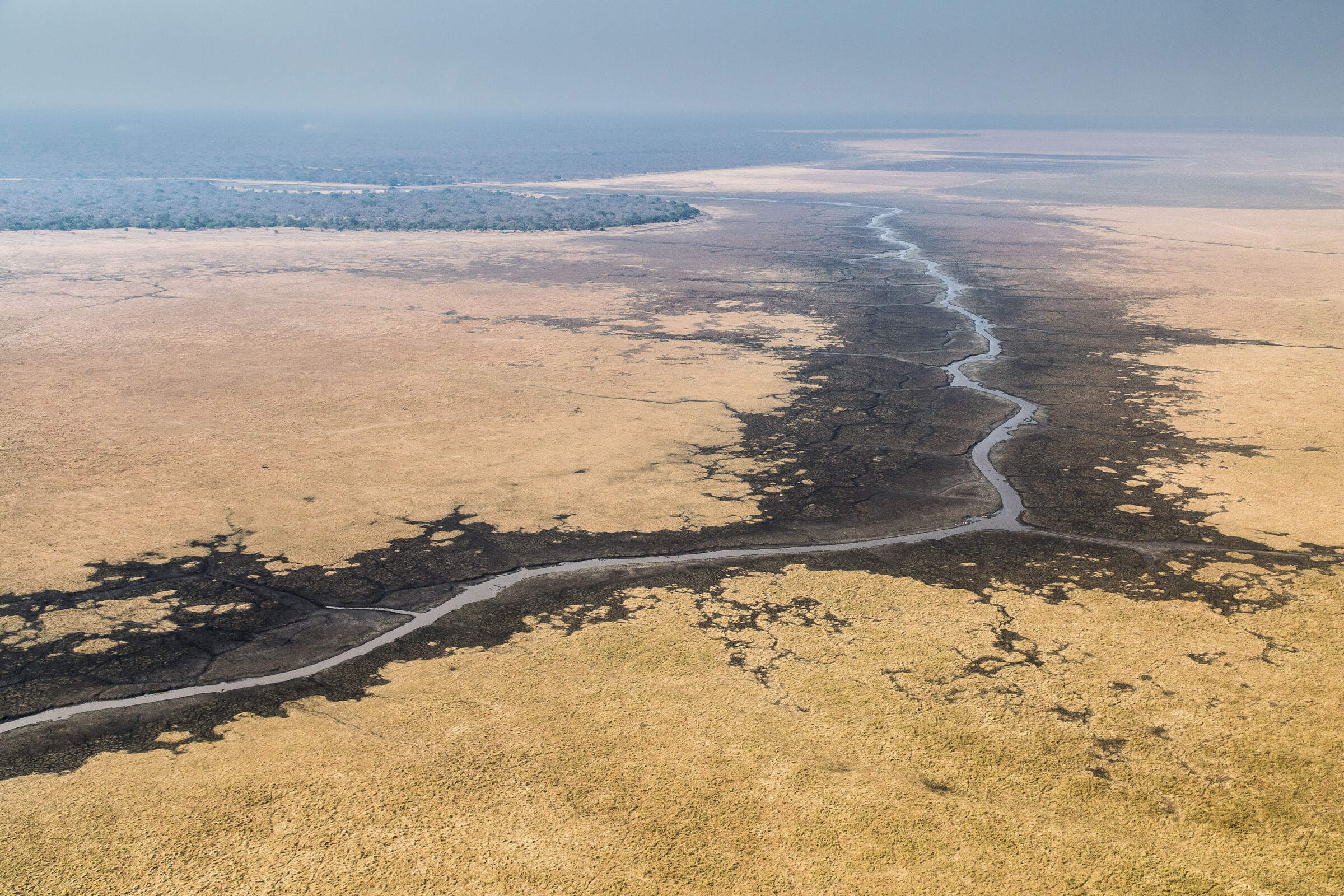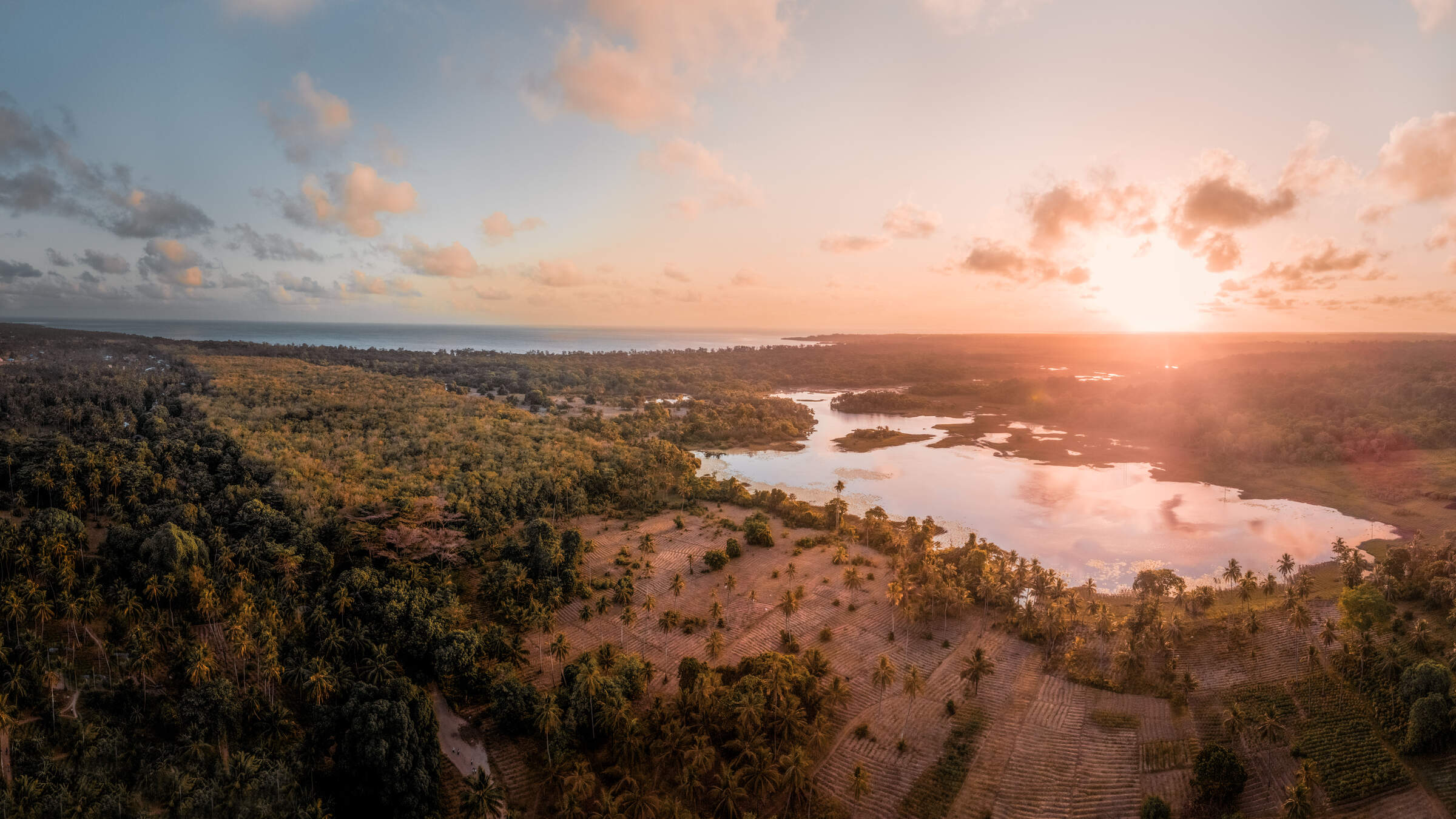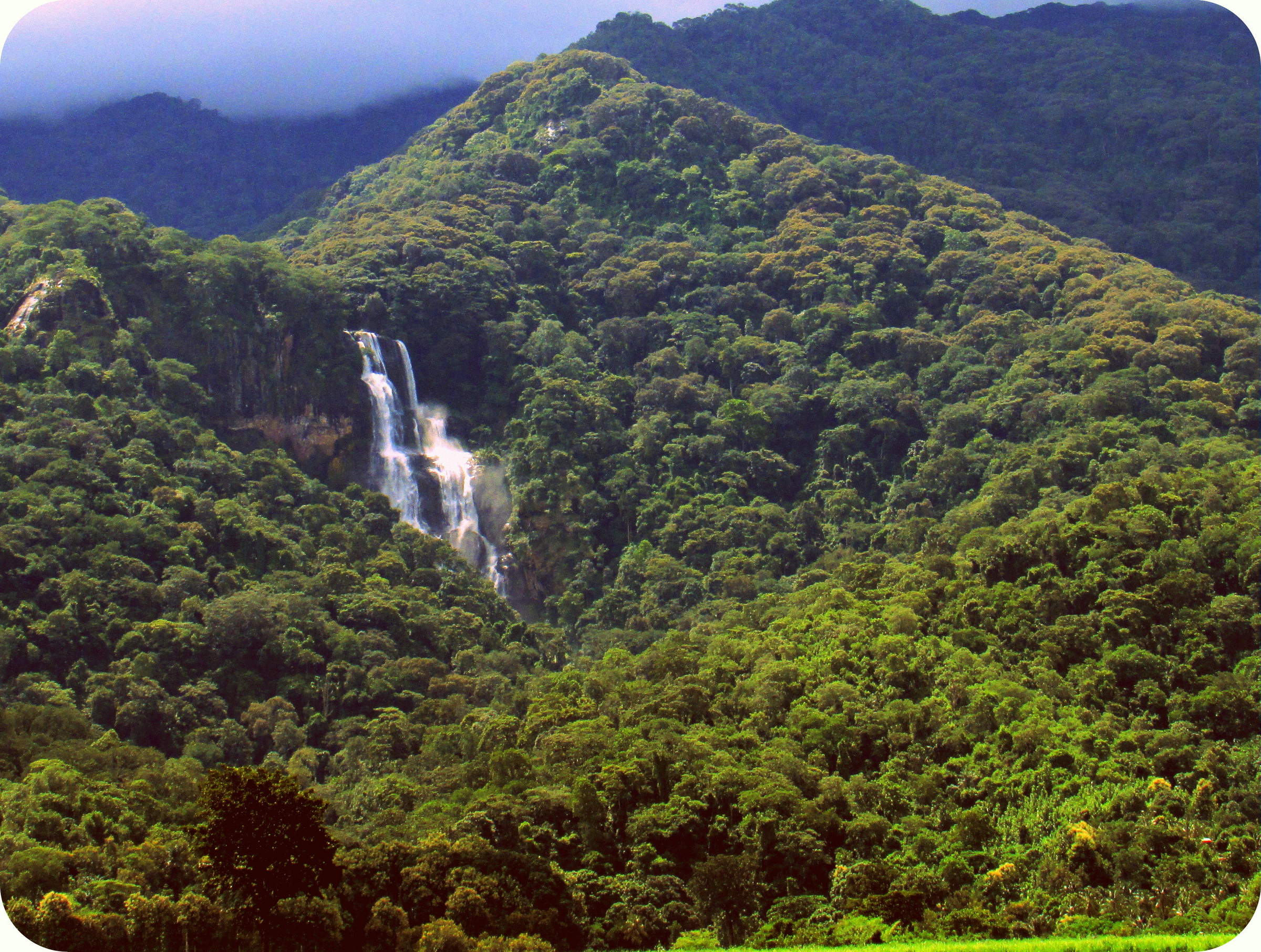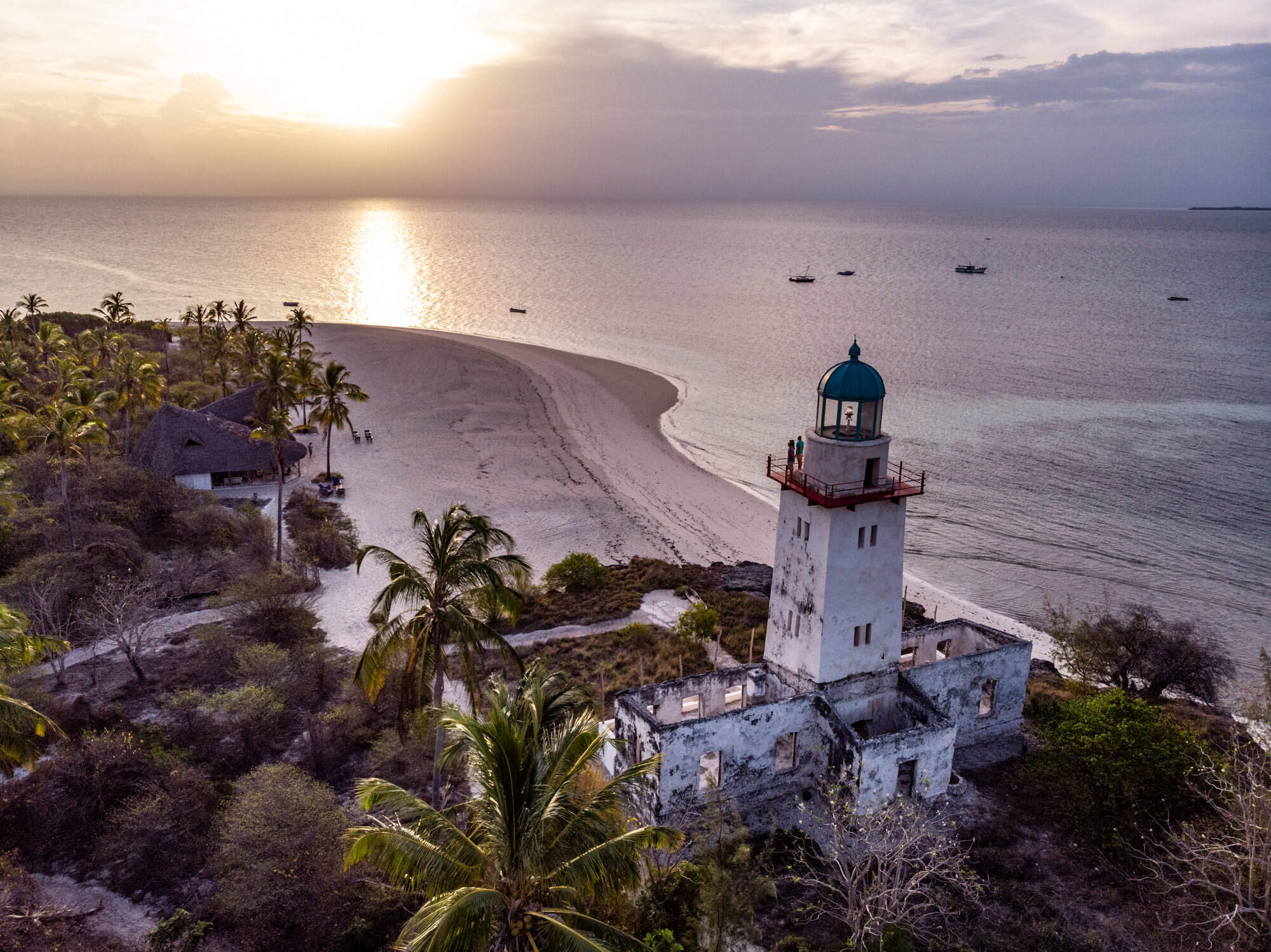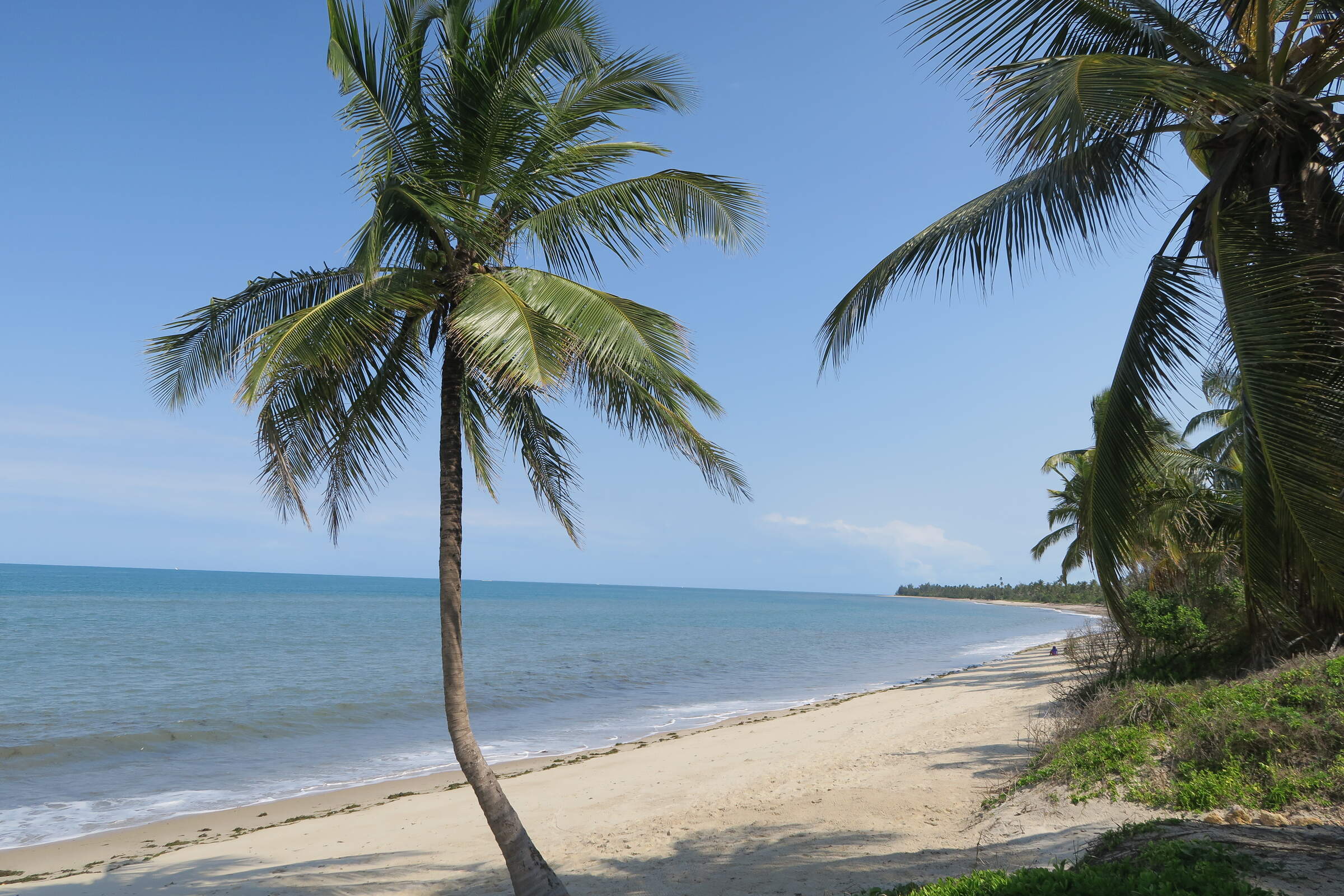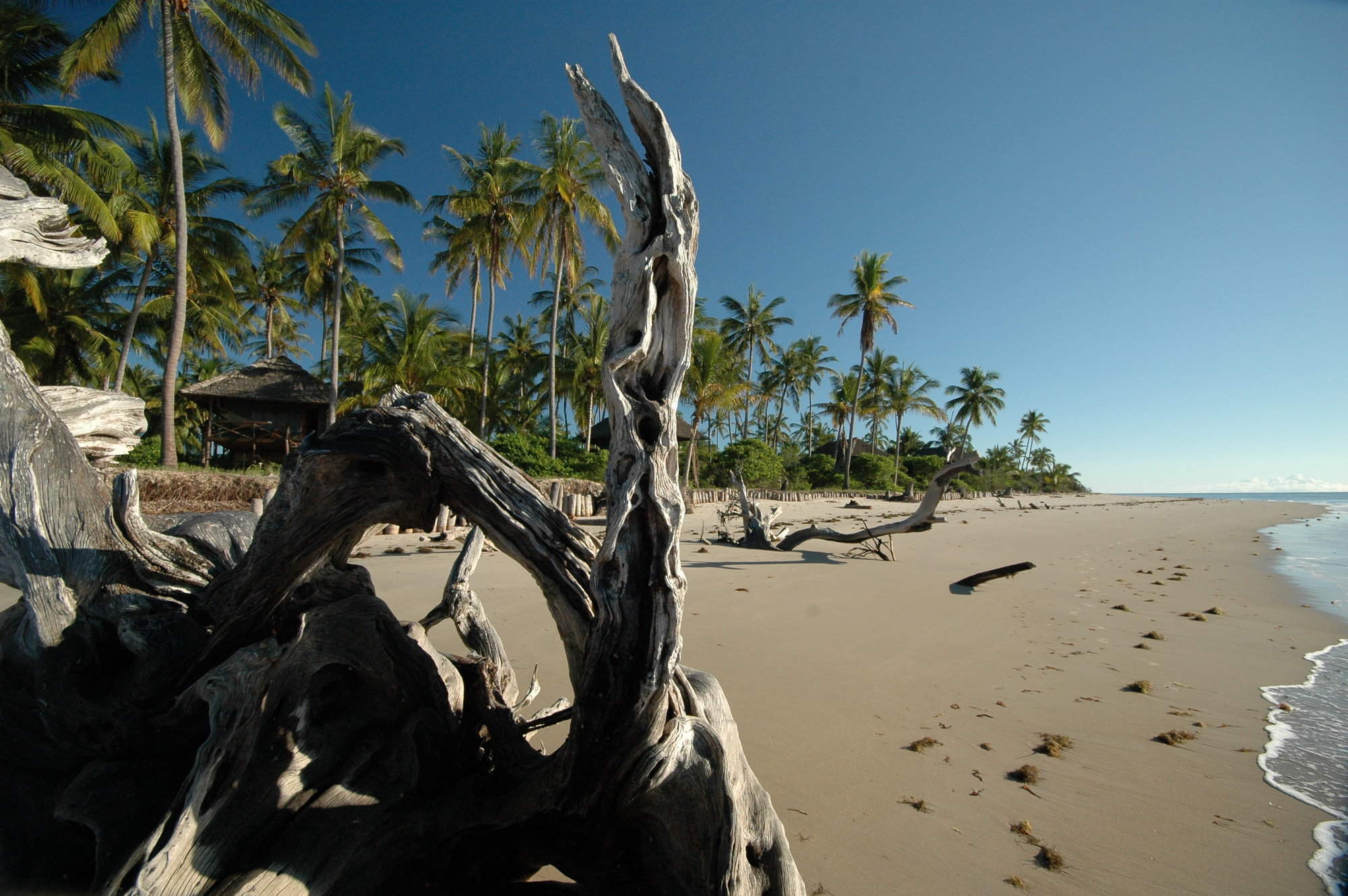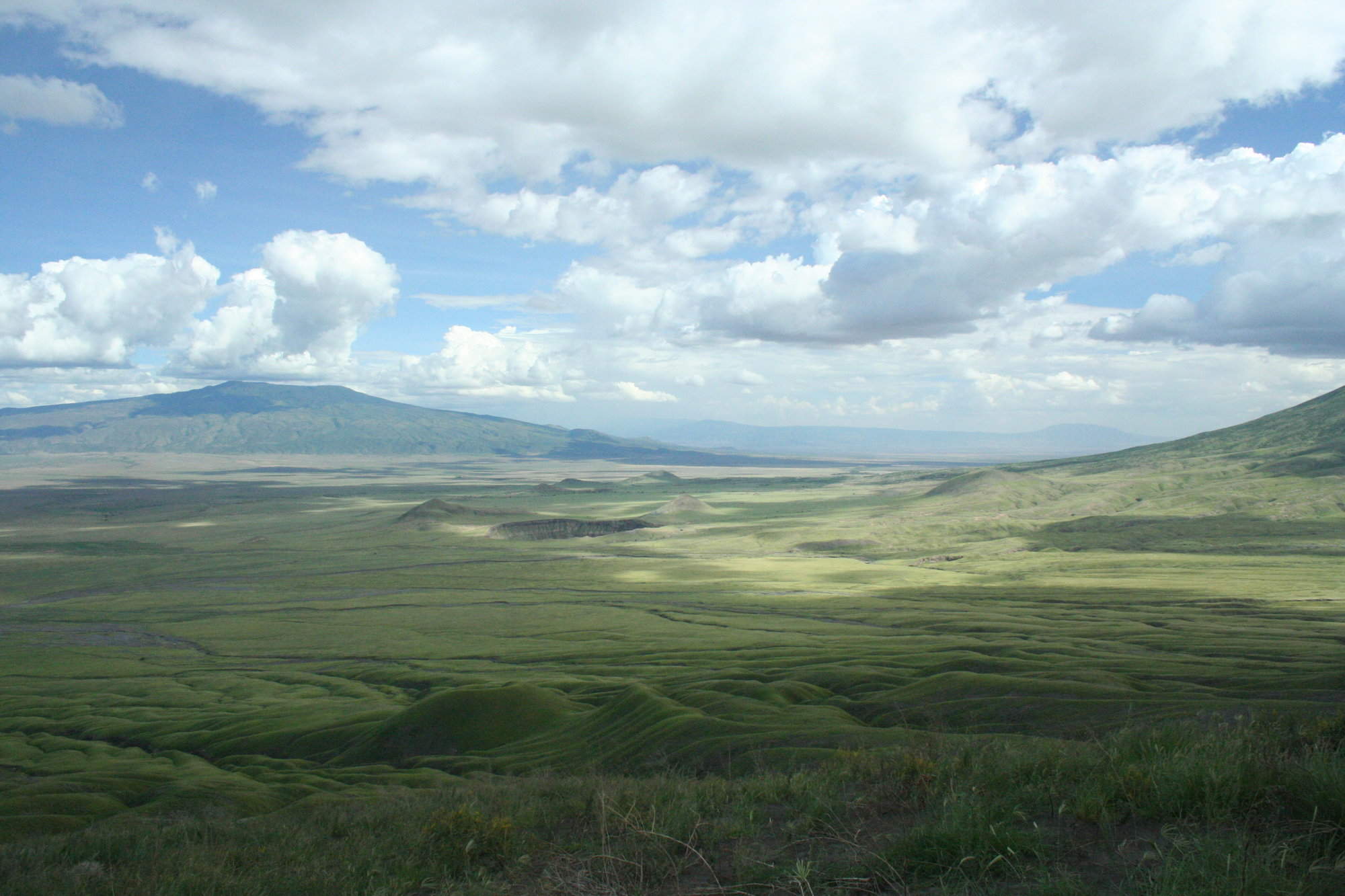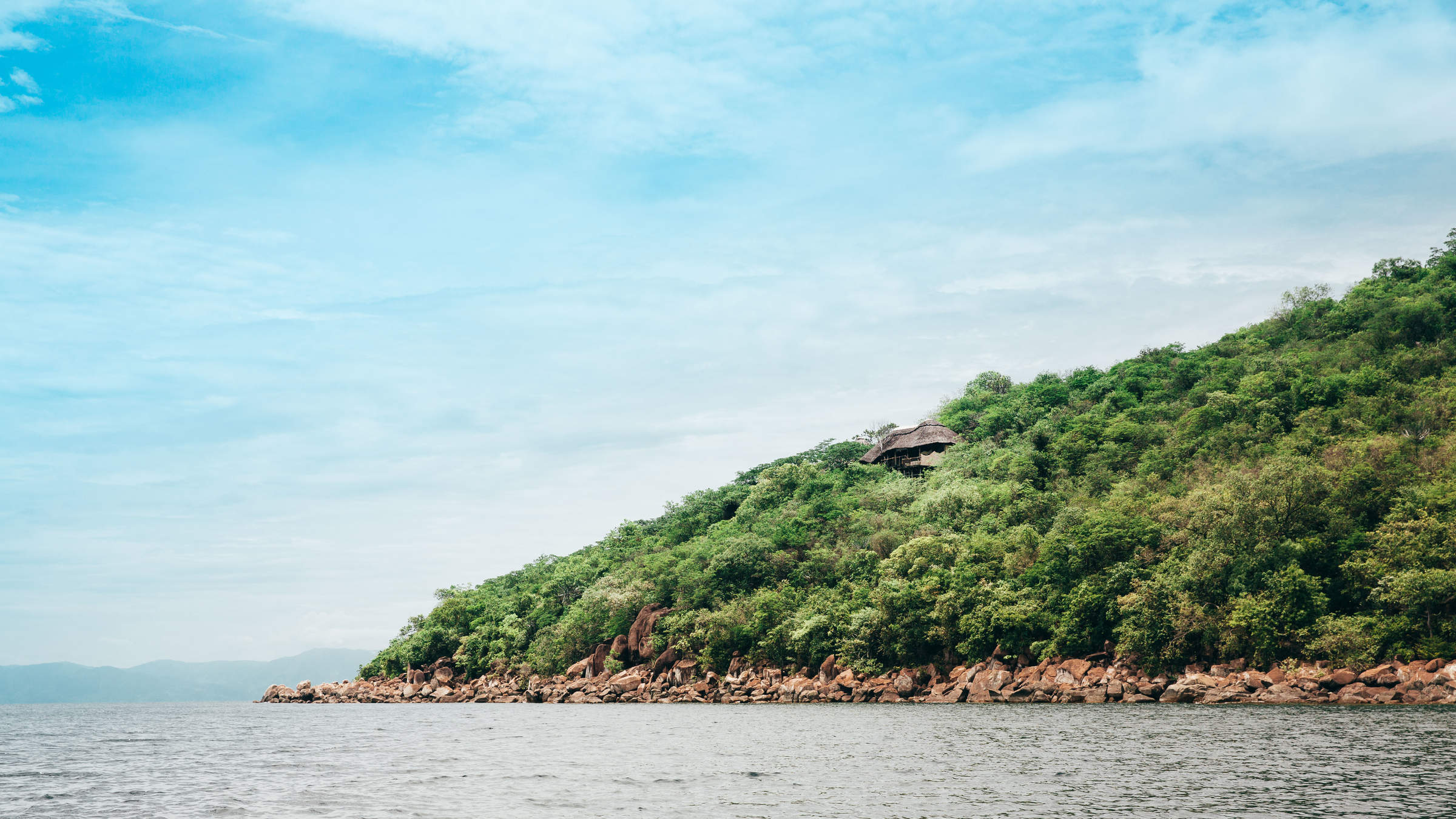Rubondo Island Camp: Our full report
Rubondo Island Camp is the only camp on the 250km² Rubondo Island – one of the biggest islands in Tanzania's ...
... vast Lake Victoria. The lodge sits on the sandy lakeshore, backed by dense forest. With some interesting wildlife on the island, including a troop of chimpanzees, and very good birding, it aims to be halfway between a safari camp and a beach retreat.It is only relatively recently that Rubondo has once again become accessible to the adventurous traveller, after an earlier, very simple camp fell into disrepair and closed. Arriving here is special: it's accessible only by plane, and the birds-eye view as you soar over Lake Victoria and descend to the island is the perfect way to appreciate the geography, landscape and remoteness of the camp. We last visited in November 2018 and had a fantastic time, although it is certainly not your typical safari experience or beach retreat.
Rubondo Island Camp is certainly a unique addition to the typical northern Tanzania circuit. The beach where the camp is located is small but very picturesque, with wildlife aplenty. Towering fig trees are filled with black kites, water monitor lizards scrounge in the bushes, white egrets and open-billed storks wade cautiously at the lake’s edge, and otters can often be seen playing in the reeds. The frequent sound of fish eagles screeching above gives the whole place a primeval feel.
About 60m back from the shore, Rubondo Camp's eight rooms include a family room with two bedrooms sharing a bathroom, and a honeymoon suite with a double outdoor shower. The rooms sit fairly close together, all facing towards the lake and with lovely views, both from the small veranda and from inside through an entirely mesh front wall. Reed-covered roofs and stone walls finished externally in a sandy colour help them to blend into their surroundings.
We do have one niggle, though: as access from the rooms to the main area is along the beach, guests have to walk in front of other rooms, so they don't feel particularly private.
Inside, the rooms are designed in a natural and minimalist style. While there's obviously been a lot of thought put into this, and an attempt made at a clean and contemporary feel, we felt they were slightly lacking in character and a little formulaic, which is a shame given the history and personality of the island.
A double bed forms the centrepiece of the room, with the bedframe and bedside tables crafted from the same stone as the floor, so they appear as one continuous feature. The large headboard that separates the bedroom from the bathroom is painted dark blue, contrasting with the brushed beige and white of the rest of the room. A small writing desk, a bench, a few chairs and a small cupboard complete the furnishings.
The en-suite bathroom behind the bedroom features the same continuous stone walls and comes with a large walk-in shower, twin basins, flush toilet and plenty of space for clothes. Again, they're simple and stylish, but simple items, such as pegs to hang towels on, would be a welcome addition.
Outside, the small veranda, complete with a table and two chairs, is a peaceful place to sit with a book, or perhaps a pair of binoculars. We moved one of our veranda chairs down to the beach to get a bit closer to the shore and get the feel of sand under our feet, but it would be good if there was some form of seating already on the beach.
Between the rooms and the main area there's a very inviting swimming pool around which deckchairs are set out each day.
But it's Rubondo’s main areas, built on a rocky headland, that really stood out for us. Very spacious and set across a number of levels, with sweeping views of the lake on three sides, the lounge, bar and dining areas are peaceful places to take in your surroundings. Large chunks of natural stone poke through the floor, light features made from driftwood, and large potted plants help it to feel like an extension to the natural environment.
The whole structure is completely open, with mosquito-net gauze that can be zipped down in the evenings to moderate the breeze and keep out the insects. Comfortable blue sofas and armchairs sit in small groups on wicker mats, with interesting books laid out on the coffee tables. A small alcove houses ‘The Nest’, with a book swap and games shelf, and information on the island and its inhabitants, particularly the chimpanzees.
Guests usually eat communally, but for those who want a little more privacy, they can also accommodate separate tables. We particularly enjoyed the lower deck on the east side, which is completely open and faces the sunrise, perfect for breakfast, and we also ate at candlelit tables set out on the shore.
Activities at Rubondo Island Camp are far less structured than at most normal safari camps. The atmosphere is about relaxing and enjoying yourself, and simply spending an afternoon in camp, with a pair of binoculars, is a brilliant activity in itself. That said, we did find ourselves occupied all day, every day!
Guided walks around the island focus on the tropical forests and vegetation, whose fantastic birdlife (there are said to be over 300 species on the island) – given the density of the forest – is often heard rather than seen. The two guides in camp during our stay were exceptional and passionate birders, able to identify most species from their call alone.
Vehicle safaris around the island can take you a little further from camp. Sightings of the usually elusive sitatunga and bushbuck are common, while the island’s other mammals, specifically elephant, giraffe, civet, genet and suni antelope, tend to prove a little trickier to find. We were extremely lucky to see several giraffe towards one end of the island, providing great photographic opportunities against the dark, ancient forest. But without doubt the highlight of our vehicle safari was snaking along the bumpy dirt tracks and turning a corner to find a large, male elephant peering at us through the foliage, looking as at home in the forest as any elephant on the savanna. His parting gift was a very large tree that he had pushed across our road back. Such are the events and the adventure that seem to be commonplace on this unusual island.
The chimpanzees on Rubondo Island were introduced in the 1960s. Rescued from zoos and circuses around the world, they have thrived and now more than 40 individuals roam across the island. Visitors can participate in a Chimpanzee Habituation Experience, as against a chimp trek, and sometimes a boat is used to get to a point where you can trek inland. Sightings are improving, although despite many hours of waiting and listening for a characteristic hoot during our recent three-night stay, they couldn’t be located in the thick forest.
The birdlife on some of the smaller islands around Rubondo is exceptional, and heading out on a boat trip from camp is a great way to explore. Bird Island is home to hundreds of cormorants, African darters, egrets, and big flocks of pied kingfishers. Marabou storks lurk in the tall trees, and numerous fish eagles (thought to be some of the highest concentrations in Africa) are spoilt for prey with a lake full of fish, and nests full of chicks. While hippo and crocodiles are only occasionally sighted from the shore of the lodge, they're easy to see from the boat.
For keen fishermen, the 100kg-plus Nile perch that patrol the waters here are a reason to visit, and even the novice angler has a good chance of catching a decent-size fish – as we did. For more serious fishermen, you can privately charter the six-passenger camp boat for US$210 for a half day; while the four-passenger boat costs US$250 for a half day.
Our view
Rubondo Island Camp is not the place for those seeking big game, guaranteed sightings of chimps, or back-to-back activities. However, it's wild, remote, off the beaten track and a truly lovely camp to relax and spend time just enjoying nature, with a flexible schedule. You can explore by boat and on foot, as well as by vehicle, and we think it would be a perfect last stop after a busy safari – or possibly a more nature-oriented alternative to Zanzibar. At times it felt a little unorganised but for the relaxed traveller, perhaps already familiar with the usual spots in East Africa, it has a lot to offer.
Geographics
- Location
- Rubondo Island National Park, Tanzania
- Ideal length of stay
- Three nights will give you two full days at Rubondo – enough time to combine their activities with time to relax.
- Directions
- Rubondo is reached by a flight from either Arusha or the Serengeti. It takes around 3–4 hours depending on how many stops the plane has to make.
- Accessible by
- Fly-and-Transfer
Food & drink
- Usual board basis
- Full Board & Activities
- Food quality
- Overall, we were really impressed with the food here, including on our most recent stay in November 2018. It was well cooked, nicely presented and thought had gone into the recipes to make them imaginative. We also liked the way the chef came out after each meal to chat to the guests.
Breakfast usually starts with a fruit platter and tea, coffee and juice. A small buffet has a selection of cereals, after which you can order a hot breakfast (eggs, sausages and bacon) cooked to your preference.
Lunch is a simple set two-course meal. On our first day, we had beef lasagne, with mixed fresh and cooked salads, and fresh bread. The following day we were taken to a grassy headland where we dined on barbecued fish kebabs, pork chops, sausages and grilled aubergines, along with fresh salad and a cold noodle salad. If guests want to go out for a full-day drive or boat trip, it is also possible to organise a lunch pack.
Dinner is a set three-course meal, which on one evening started with cream of butternut soup, followed by grilled beef fillet, steamed rice and mixed vegetables, and with a chocolate mousse to finish. - Dining style
- Group Meals
- Dining locations
- Indoor Dining
- Further dining info, including room service
- Room service is available on request.
Although group meals are the norm, it's perfectly acceptable for guests to request to dine privately. - Drinks included
- Most drinks are included except premium wines and spirits.
Special interests
- Beach holidays
- Rubondo Island Camp has a delightful location in a sandy bay on Lake Victoria. Although the presence of hippos and crocodiles make the water unsafe for a dip, it would nonetheless work for a relaxing beach break in Tanzania.
- See ideas for Beach holidays in Tanzania
- Birdwatching
- The birdlife around Rubondo Island Camp is excellent, making this one of the best places for birdwatching in Tanzania. Boat trips are particularly special, with the appropriately named Bird Island particularly impressive: numerous storks, fish eagles, African darters and egrets.
- See ideas for Birdwatching in Tanzania
Children
- Attitude towards children
- Rubondo Island Camp welcomes children aged five upwards.
- Property’s age restrictions
- The minimum age is five years.
- Special activities & services
- None.
- Equipment
- There are some board games, colouring book and crayons and a dartboard to entertain children.
- Generally recommended for children
- Despite the beach location, there is not a great deal to entertain children here: this is really more of an adult environment.
- Notes
- Children should be supervised at all times as Lake Victoria is not suitable for swimming, and crocodiles have been known to visit the beach.
Our travellers’ wildlife sightings from Rubondo Island Camp
Since mid-2018, many of our travellers who stayed at Rubondo Island Camp have kindly recorded their wildlife sightings and shared them with us. The results are below. Click an animal to see more, and here to see more on our methodology.

100% success

100% success

100% success

0% success

0% success

0% success

0% success
Communications
- Power supply notes
- There are plug sockets in all the rooms with 24-hour power.
- Communications
- There is WiFi in the main areas, although it's not always that reliable. There is good cellphone reception throughout the lodge.
- TV & radio
- No
- Water supply
- Borehole
- Water supply notes
- All rooms have flushing toilets and plumbed in showers.
Health & safety
- Malarial protection recommended
- Yes
- Medical care
- There is a first-aid kit at the lodge and the managers and guides are all first-aid trained. They also have links to flying doctors so if there were any serious medical issues, guests could be airlifted to Arusha.
- Dangerous animals
- Moderate Risk
- Security measures
- Askaris (armed guards) walk you back to your room when it is dark.
- Fire safety
- There are fire extinguishers in each room.
Activities
4WD Safari
Birdwatching
Boat trip
Fishing
Fly-camping
Guided walking safari
Kayaking
Primate trekking
Private activities
Extras
- Disabled access
- Not Possible
- Laundry facilities
- A full laundry service is included. However, as is usual for Tanzanian camps, underwear cannot be washed, so they provide you with some washing powder in your rooms.
- Money
- There is a safe in the main office where guests can store valuables.
- Accepted payment on location
- Only cash can be used to pay for extras (although they're hoping to get a card machine soon).
